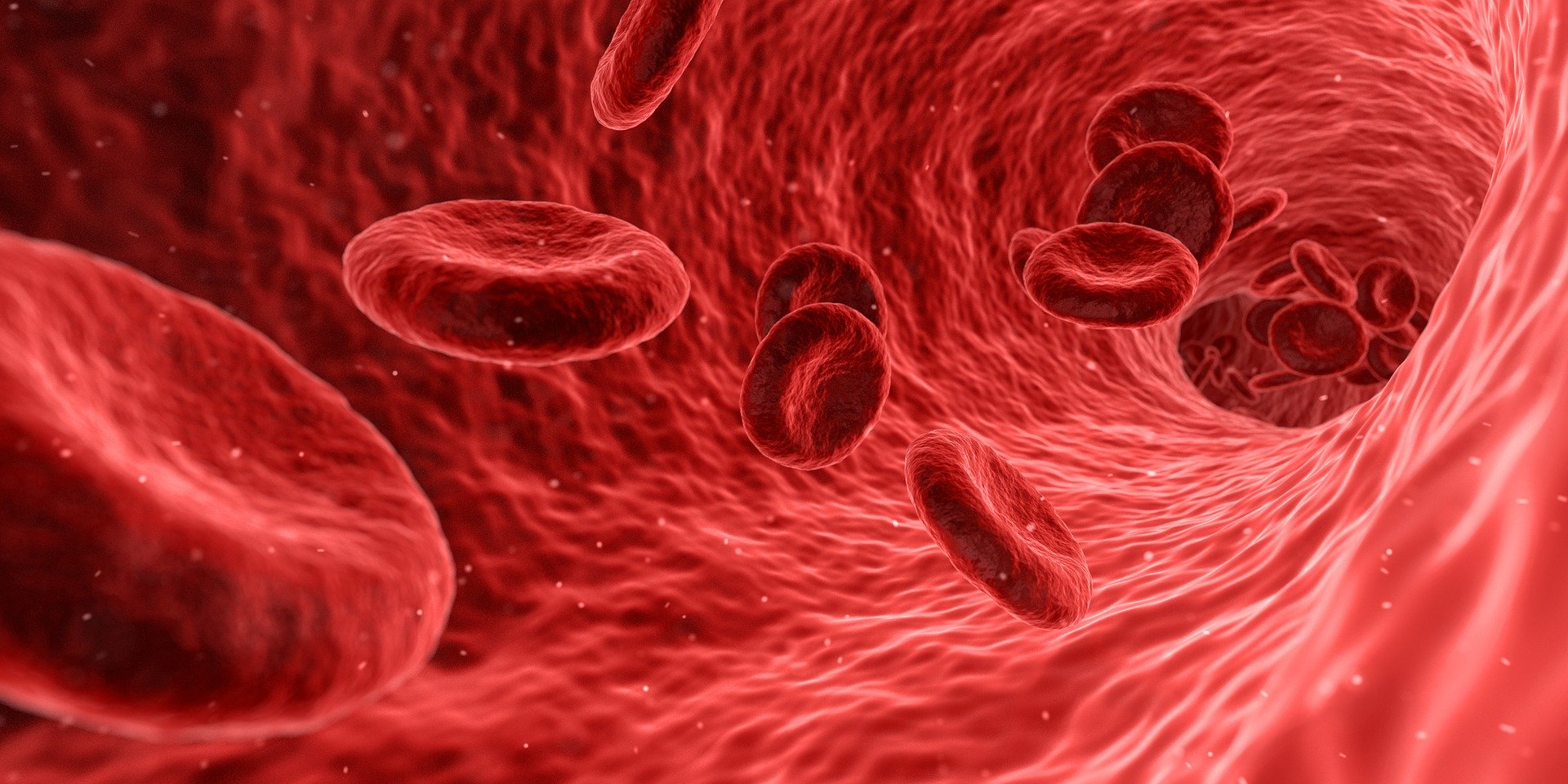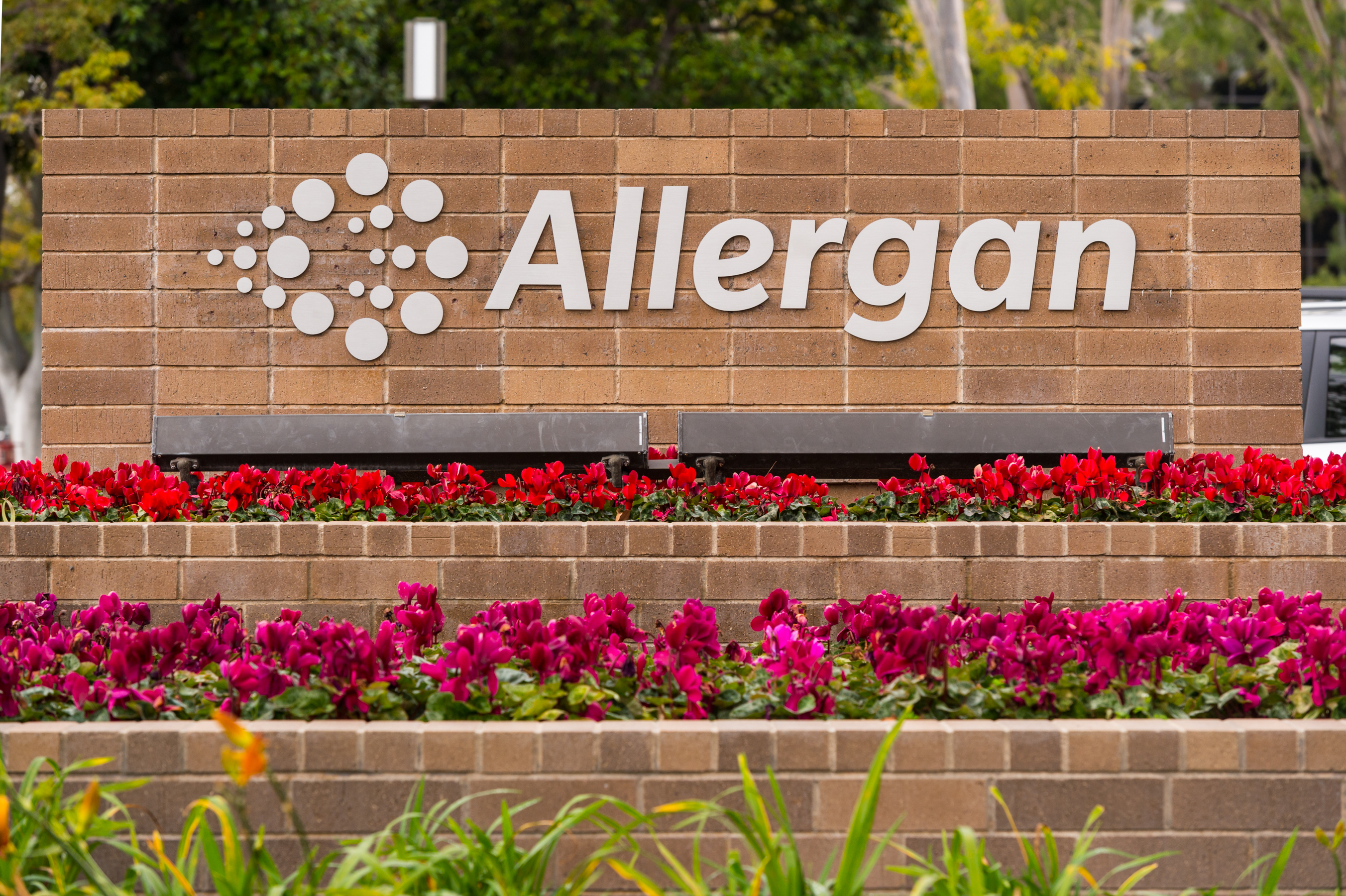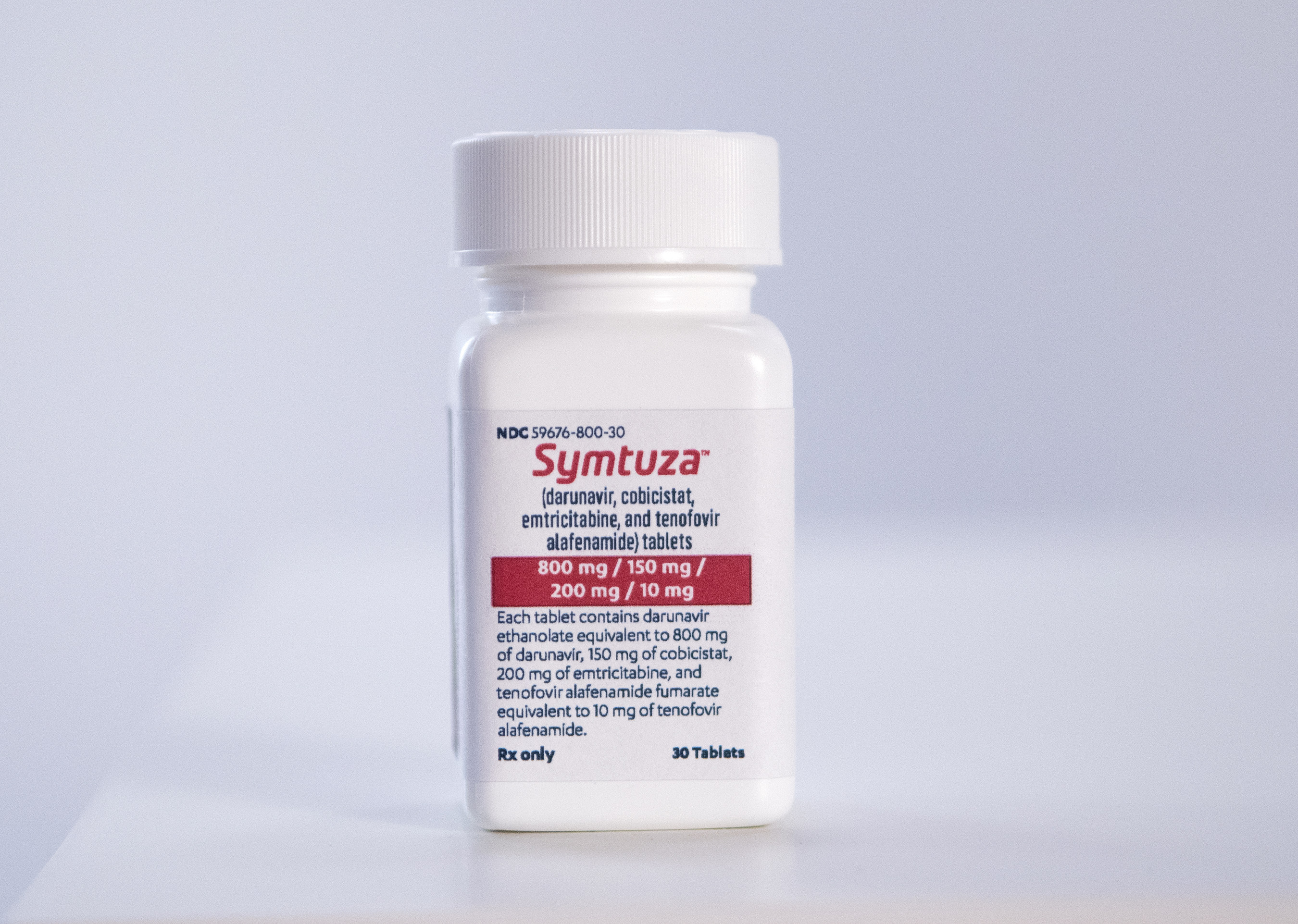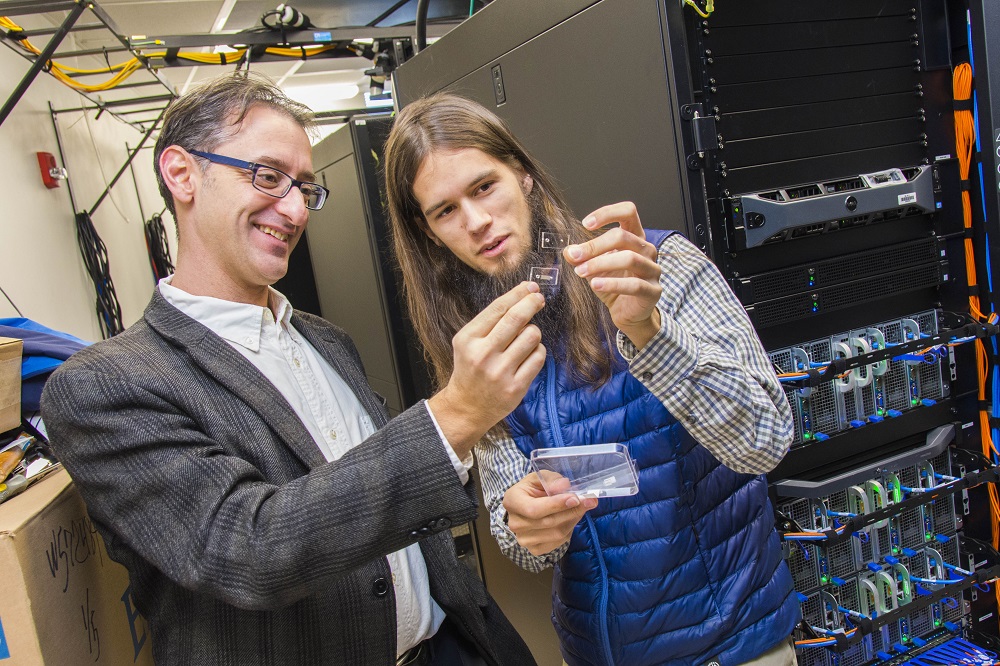On Wednesday, a New Zealand-based company called Sperm Positive, is now the first in the world to launch an HIV-positive sperm bank. The reason for this is to reduce the stigma and against those living with the virus.
As reported on Radio New Zealand, the clinic currently has three male donors. These donors have the virus in their blood, but the concentration is so low that they cannot infect other people.
Three different charities are in charge of the launch, including Body Positive, New Zealand Aid Foundation and Positive Women Inc. They hope to educate the public about the transmission of HIV and reduce the stigma for those that are affected by the virus.
Sperm Positive is not a fertility clinic but will put people in touch with local fertility clinics if they agree to match. The sperm bank will make it clear that all donors are HIV positive but who are being successfully treated with antiretroviral therapies that prevent them from transmitting the virus.
Damien Rule-Neal, one of the three donors, told Radio New Zealand that, “we’ve got the science behind it to say that medication makes you untransmittable. I’ve seen a lot of my female friends that have HIV go on to have children, it shows that science and medication have given us that ability back.”
HIV, or human immunodeficiency virus, attacks and destroys the infection-fighting CD4 cells of the immune system. This makes it difficult for the body to fight against infections. Without HIV treatment, this can develop into acquired immunodeficiency syndrome (AIDS) and also gradually destroy the immune system. However, nowadays, there are treatments in place to help those infected live a regular life with a normal life span. Antiretroviral therapy (ART) is a medication used to treat HIV infection.
Related: Janssen’s New Single-Tablet HIV Treatment Approved by FDA
World AIDS Day is on December 1, and Rule-Neal wants people to know that, “life doesn’t stop after being diagnosed with HIV and that it is safe to have children if you’re on treatment.”
As stated in the New Zealand Herald, “Auckland District Health Board infectious diseases physician Mark Thomas, who has been working with people living with HIV for more than 30 years, said more than a decade ago the World Health Organisation confirmed HIV treatment prevented transmission, even through sex without a condom and childbirth.”
The WHO also stated that HIV remains to be a global health issue with over 32 million lives affected by the disease. However, there are many effective prevention, diagnosis, treatment and care options allowing people to lead long and healthy lives.












Join or login to leave a comment
JOIN LOGIN